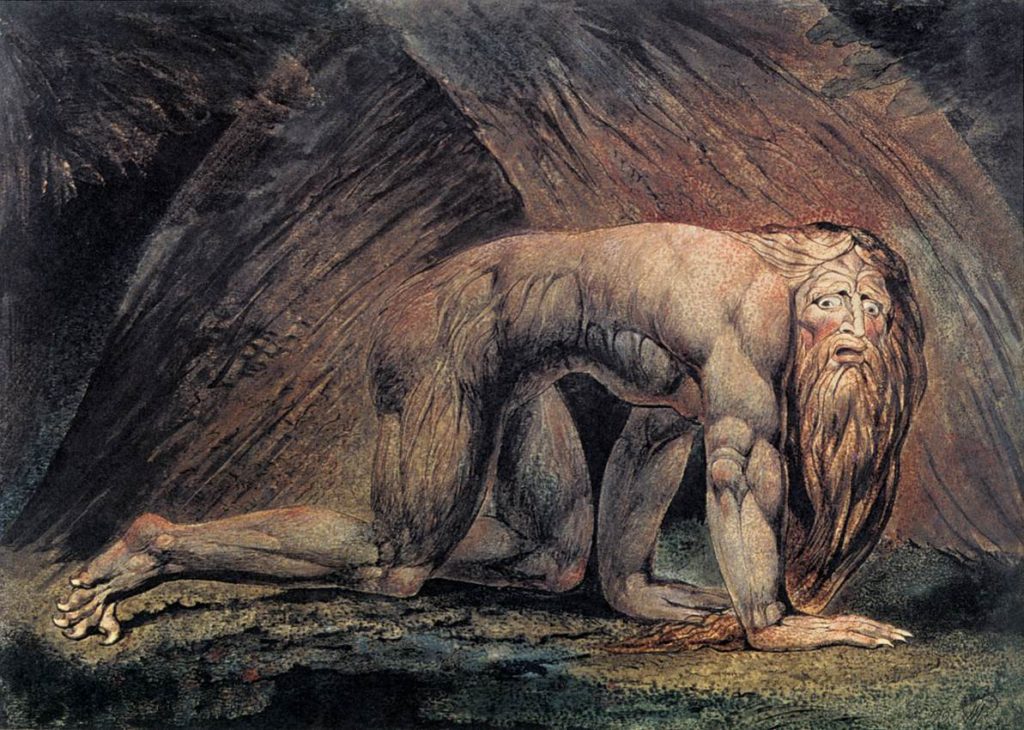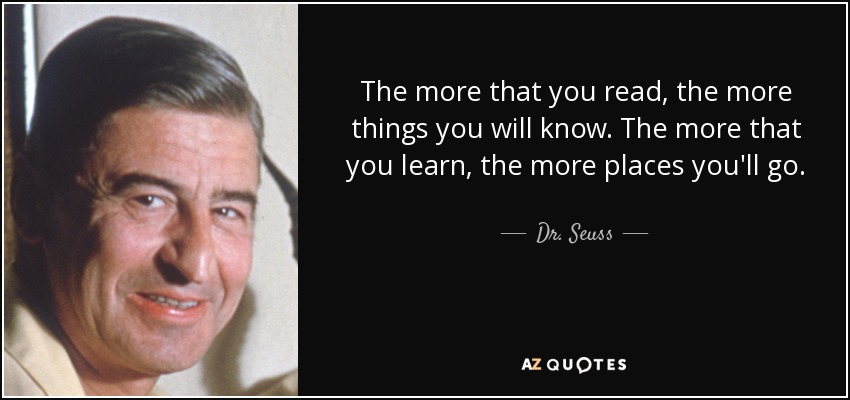Click here to return to Blog Post Intro.
King Nebuchadnezzar is Slow to Learn (Daniel 4)
King Nebuchadnezzar proved himself to be one of the most arrogant leaders in history, so self-centered and prideful that God dealt with him in a most unusual way.
God gave the King a vision of a huge tree, chopped down by an angel. The tree represented him. God removed him from his position and drove him into the wilderness to live like an animal. His hair and fingernails grew long; he ate what the beasts of the field ate; and he dwelt in caves and dirt shelters. And he stayed out there until he fully recognized God as the supreme Ruler of the world. He had to learn submission, relinquish control and power, and become teachable.

Fortunately, God’s discipline worked. Once the King returned to the palace, he was a different man. He no longer laid claim to sovereignty or wisdom. He perceived his greatness as God-given (Daniel 4:36). He sought to honor God rather than himself as the source of every good thing (4:37). Notice how Nebuchadnezzar developed a teachable spirit:
- Grateful Words. The King expressed appreciation and blessing for God’s grace and mercy.
- Hungry Mind. The King possessed a passion and hunger for personal growth.
- Big-Picture Perspective. The King saw things from a new, larger viewpoint.
- Dissatisfaction with the Present. The King did not feel content with the status quo or mediocrity.
- Humble Heart. The King expressed humility regarding his own importance and power.
- Magnetic Spirit. The King began once more to attract nobles and counselors.
Apollos Learned and Grew (Acts 18)
The book of Acts portrays Apollos as an excellent teacher. God greatly used him in a number of cultures, and he became known as the apostle’s right-hand man.
What is most impressive about Apollos, however, is his teachability. He never thought he had learned so much that he couldn’t improve.
Acts 18:25-26 points out that Apollos taught truth accurately and passionately. Church history tells us that Apollos was such a good teacher that most people would rather have listened to him than the apostle Paul. That’s high praise indeed!
This might cause us to assume he had everything together. Yet Apoloos “knew only the baptism of John” (Acts 18:25). He understood repentance. He understood what it meant to surrender to God. But he wasn’t familiar with the deeper truths of discipleship or the Spirit-filled life. So Aquila and Priscilla mentored him by taking the time to listen, evaluate, relate, and explain “the way of God” (Acts 18:26).
How about you? Are you a teachable leader? Consider a few steps to improve your teachability:
- Don’t believe your own press. The greatest enemy of tomorrow’s success is today’s. Don’t get distracted by your achievements.
- Observe how you react to mistakes. Do you admit them? Do you apologize or get defensive? Get honest about your needs.
- Try something new. When was the last time you did something for the first time? Challenges change us for the better and keep us learning.
- Grow in the area of your strength. Read books on leadership and in your area of giftedness. Don’t be satisfied with where you are today.
Remember the Law of the Lid? John Maxwell says, “Leadership ability is the lid that determines a person’s level of effectiveness.” Our leadership ability—for better or worse—always determines the potential impact we can have on our teams.
To lift the lid on your leadership ability, you must remain teachable…

